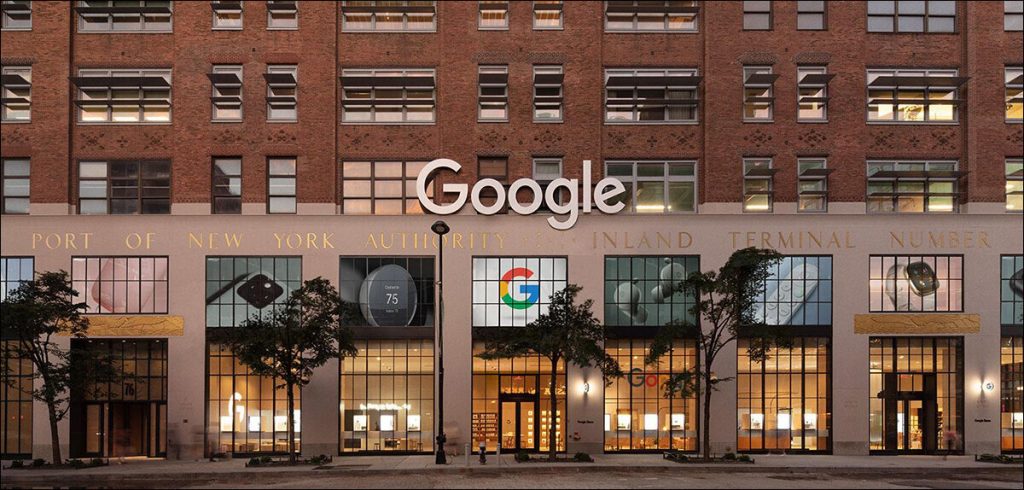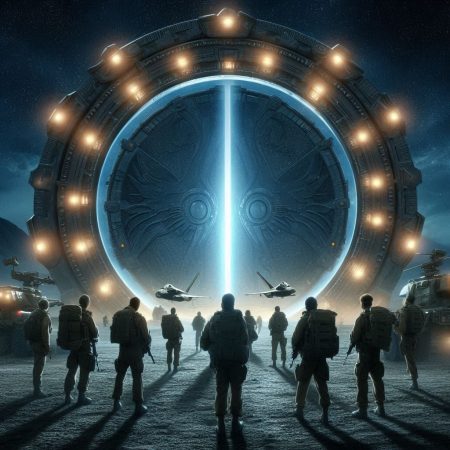Google dominated internet search for 20 years. But Adarsh explores how failed launches, internal scandals and a talent drain is threatening to knock them off pole position…
After becoming the Google CEO in 2016, Sundar Pichai’s first order of business was to announce how Google would become an ‘AI-first’ company. He announced this at the prestigious I/O Developer Conference and was determined to make his mark.
A couple of years previously, Amazon had pipped Google with the launch of Alexa, its voice assistant. Pichai was resolute about getting back in the driving seat as Google announced its own voice assistant simply called Google Assistant.
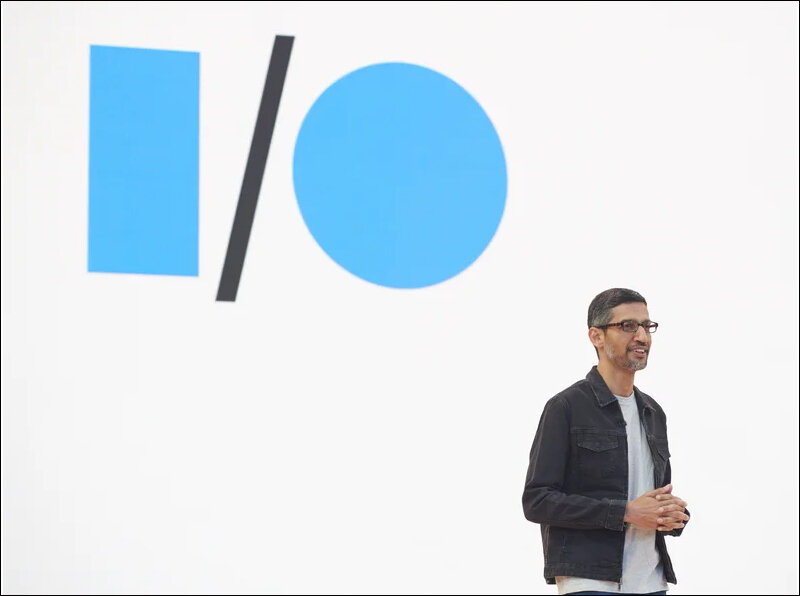
But fast forward seven years and things have not really gone Google’s way. A startup called OpenAI has announced an artificially intelligent chatbot called ChatGPT which can write anything a human can, from essays and poetry to computer code. To make matters worse, Microsoft has jumped in by investing $10 billion in OpenAI. Microsoft CEO Satya Nadella announced that their search engine Bing would soon have AI features more powerful than ChatGPT.
This is a major blow to Google as the arrival of ChatGPT and its partnership with Bing could change the way people search for things online. Up until now, googling something was slang for searching online.
But the way things are going could change soon!
The Duplex Disaster
In 2017, Google thought it had taken the lead in the AI race when it proudly announced Duplex at the I/O Conference. The human-sounding AI service could perform human tasks like booking a table at a restaurant or making a call to someone on your behalf. It could even modulate its voice and add verbal tics like ‘um’ and ‘uh’ while talking, prompting the other person to believe that they were talking to a human.
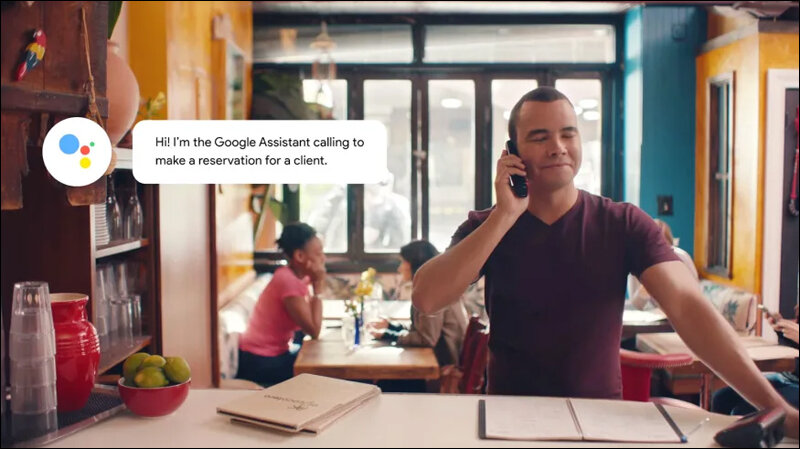
While some people were amazed by the creation, most were disturbed. The thought of a machine deceiving humans and behaving like one did not go down well and the product received major public backlash. It felt like a repeat of the Google Glasses disaster of 2012.
The New York Times called Duplex “somewhat creepy.” Sociologist and writer Zeynep Tufecki’s remarks were more scathing…
Just when Google thought it had taken the lead, the Duplex disaster meant they had to slow down. That incident played a huge part in tilting the race in favour of Google’s rivals.
Other Disasters at Google
It did not end there for Google. In 2018, Google signed a deal with the Pentagon to provide technology for Project Maven, in a bid to use AI to improve the accuracy of drone strikes. This did not go down well with several Google employees. As a response, the company did not renew the contract and released a set of AI Principles to ethically guide the development of the technology.
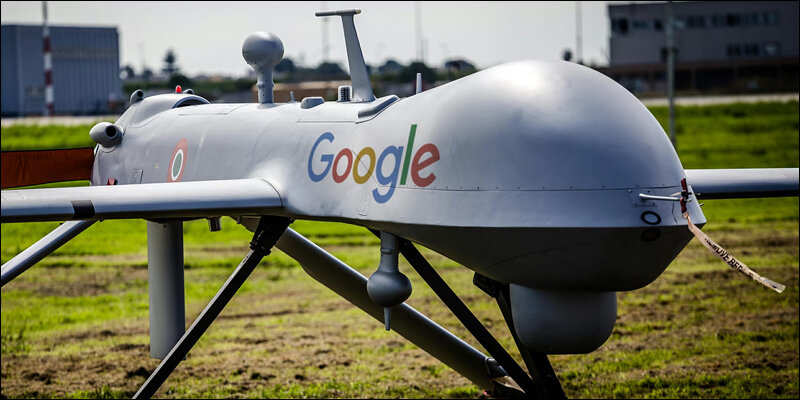
A year later, they drew more flak when it came to light that Google contractors were training the company’s facial recognition software on homeless people with “darker” skin.
Facial recognition technology had previously struggled to identify people with darker skin. So, to avoid that Google had hired temps to go out to collect face scans from a variety of people on the street. They were allegedly using $5 gift cards as an incentive in return for those face scans.
This became yet another PR nightmare for Pichai and Co.
Did Google help in creating ChatGPT?
In 2017, a set of 8 Google researchers had authored a seminal paper on AI, called “Attention Is All You Need”. They had proposed a new network architecture called transformers that would help in analysing text. The invention was a landmark moment for generative AI tech and led to the creation of apps like ChatGPT.
Google had almost got their first when they launched LaMDA in 2021. But they played safe this time and failed to build on it and that is where they lost their advantage. 7 of those 8 researchers have since left Google. Six of them have started their own companies while the seventh joined OpenAI.
One of the paper’s authors, Aidan Gomez, who is now CEO of AI rival Cohere, said he got sick of Google’s lack of experimentation. “It is a matter of the freedom to explore inside a huge corporation like Google. You are not freely to do that product innovation. So, you must build it yourself.”
Are People not Googling anymore?
Ever since Amazon established itself as the leading e-commerce platform, it has begun claiming the online search market as well. While looking for products online in 2016, 3 per cent of Americans would directly search on Amazon. That number has now risen to 23 per cent.

Apple too is winning over the search market. Their market share is currently 7 per cent, rising from nothing a few years ago. Furthermore, Google’s recent research has shown that 20 per cent of 18-to-24-year-olds favour Instagram or TikTok over Google Maps while searching online. According to eMarketer, Google’s share of revenue from search advertising in the US will fall to 54 per cent this year, down from 67 per cent in 2016.
The worry for Google is that the existence of ChatGPT threatens to change the very pattern of online search behaviour. Up until now, googling something meant you would type in some keywords and get the best results as links to choose from. With ChatGPT, you could type in a query and get a bunch of options within moments. Based on the result, you could update your query and get a follow up response that is more specific and tailored to your search. It is more accurate and convenient and soon enough (if not already) that’s how people will search online.
Do not write Google off!
But despite all the setbacks and failings, it would be a mistake to write a company like Google off. As of December 2022, the company had more than 1,90,000 full-time employees. This was despite laying off 6 per cent of the workforce – the biggest in the company’s 25-year history. The company is still massive and Pichai had also noted that the cuts were done with one eye on refocussing on AI.
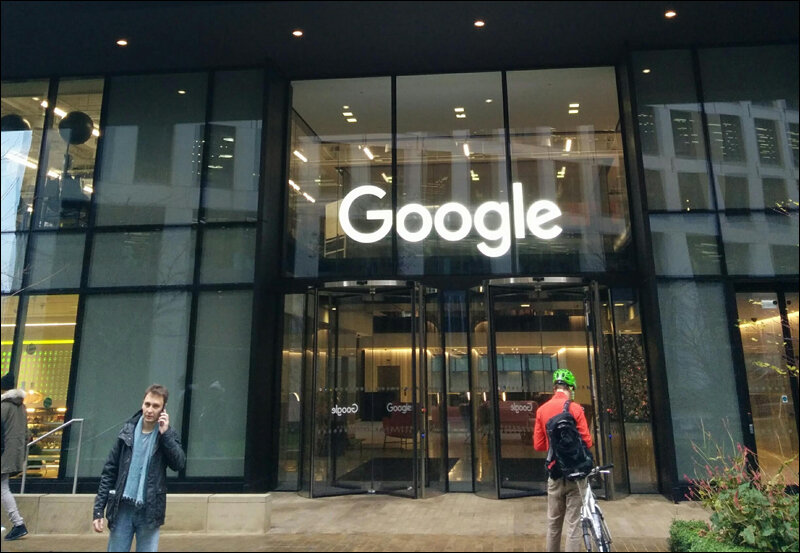
Google’s other advantage is incumbency. It is the default search engine in Chrome, which is used by two in three people on the internet, according to StatCounter. It is also the go-to search on more than 95 per cent of smartphones in the US. And the company pays Apple $15 billion a year to make its search the default on Apple’s devices and Safari, which accounts for 19 per cent of browsers installed on desktops and devices.
So even if ChatGPT is fast gaining popularity, it still has a mountain to climb before it completely overtakes Google. Despite Microsoft’s best efforts, it might be a while before people start ‘binging’ instead of ‘googling.’
In case you missed:
- Presenting Gemini Live, Google’s Response to ChatGPT Voice
- TalkBack, Circle To Search & 3 More Google Features added on Android
- Presenting Claude, ChatGPT’s Competitor which is apparently Better!
- 5 Free AI Assistants To Make Your Life Easier
- Active Listening Feature on Phones raises Privacy Concerns
- How Accurate are AI Web Searches?
- OpenAI finally unveils its Advanced Voice Assistant!
- Microsoft enhances AI Copilot with Voice, Vision & Deeper Thinking
- Heavenly Bytes: Is AI the new Medium to God?
- New Year, New Scam: All You Need to Know About Brushing



